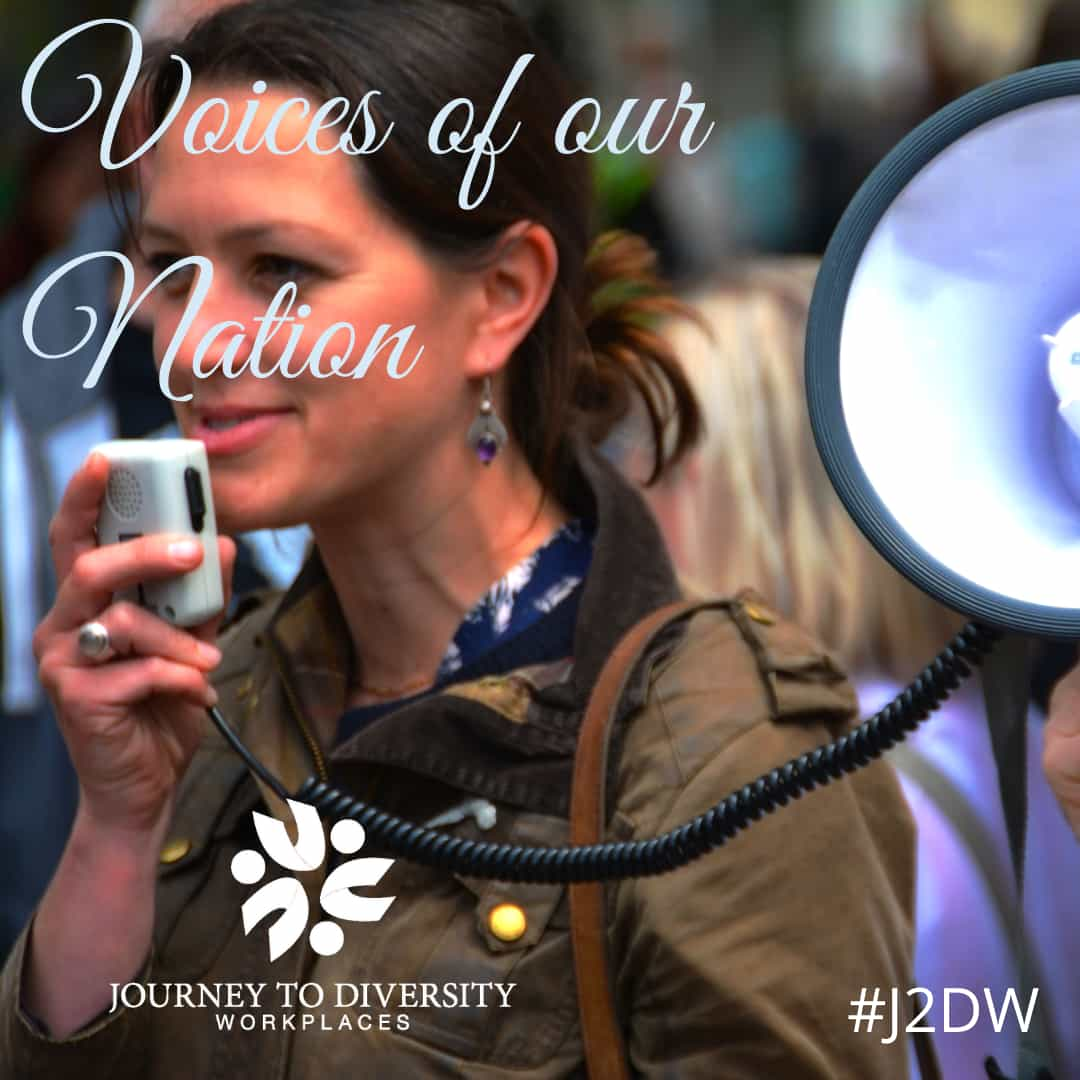Social cohesion refers to the social factors that bond individuals at the community, national, or universal levels. It occurs through the building of positive social relationships.
This involves the willingness of members of society to cooperate with each other in order to survive and prosper and an accessible community with a barrier-free environment. One that does not limit anyone’s participation in everyday life.
Diversity encompasses acceptance and respect. It includes an understanding that each individual is unique and recognizes the individual differences of people in a society.
Social inclusion improves on the terms that individuals and groups take part in a society. A socially inclusive society is where people feel valued by others. Their differences are respected. Their basic needs are met, so that people can live in dignity within the society.
Inclusion is a feeling of belonging, being treated fairly, and providing people with an equal opportunity to be successful. Social exclusion is a process where people are denied full access to various rights, opportunities, and resources that available to members of a different group in the society.
Diversity and inclusion can promote social cohesion. Social cohesion a means to bond diverse groups of people in working toward a common goal for the improvement of the society to benefit the well-being of everyone.
Social cohesion is when people live peaceful lives. When diversity is accepted in societies, they begin to be more productive innovators by approaching problems from different perspectives.
Some of the benefits of social inclusion cohesion are people experiencing a sense of belonging in community with an increased level of acceptance, providing valuable societal roles to increase individual self-worth, and developing stronger social bonds between people from a wider range of diverse backgrounds.
When people experience even some of these conditions in their life, they will more likely be happier and healthier. In non-inclusive societies, people are more likely to experience poor physical and mental health, loneliness, isolation, and lower self-esteem.
Several people with various disabilities unnecessarily experience life in a worse way. Unfortunately, these people may not have gained a sense of presence in their community due to not having adequate access to the social activities to significantly enhance their wellbeing.
People with disabilities may also lack opportunities to work, learn, and develop social relationships with others. Disabled people are sometimes not acknowledged in their community with their skills and unique perspective, where they are untapped or underutilized by society.
Strategies should be developed to promote social cohesion through diversity and inclusion. When a society becomes invested in promoting social cohesion through diversity and inclusion, every person can benefit and societies can be more successful by utilizing the skills and abilities that each member of society has to offer.
References:
Diversity and Inclusion Aids Social Cohesion
The Upside of Diversity and Inclusion
Why Diversity?: Advocacy and Issues
Why Social Inclusion?: Advocacy and Issues
This article was written by volunteer blogger Shan Simpson and edited by volunteer editor Scott Jacobsen.

